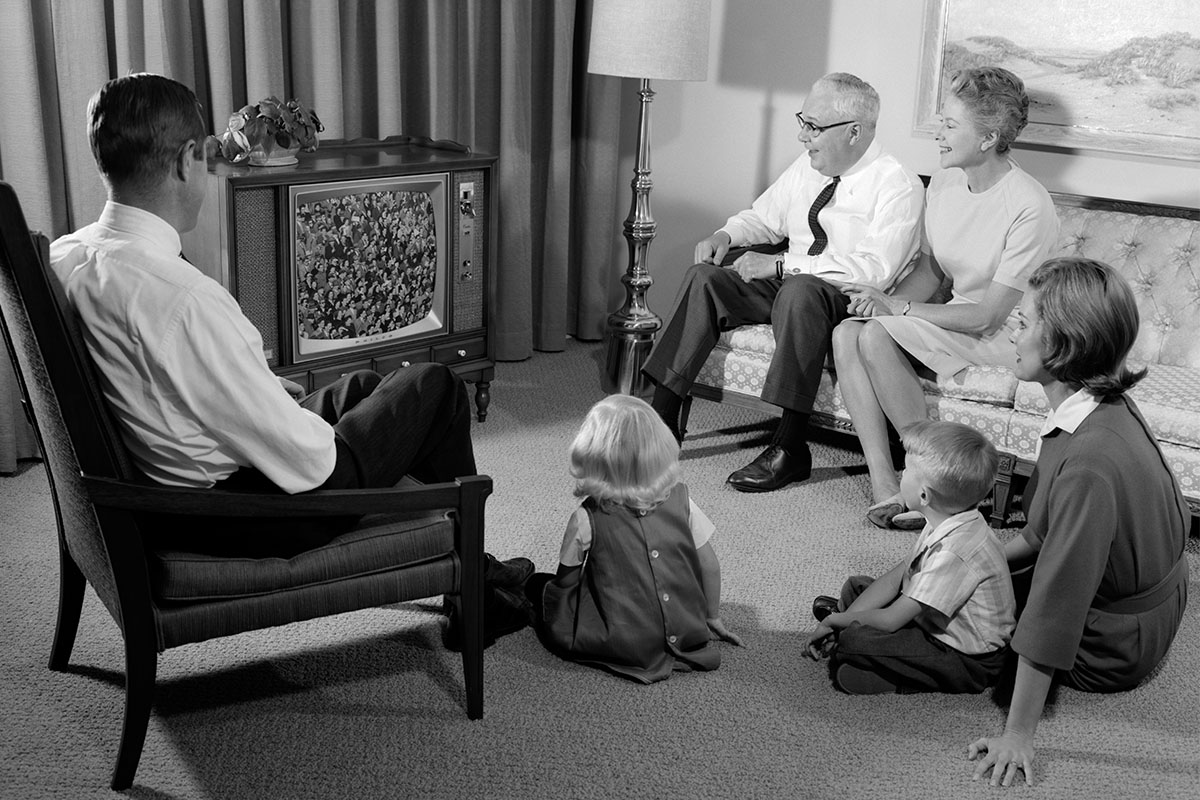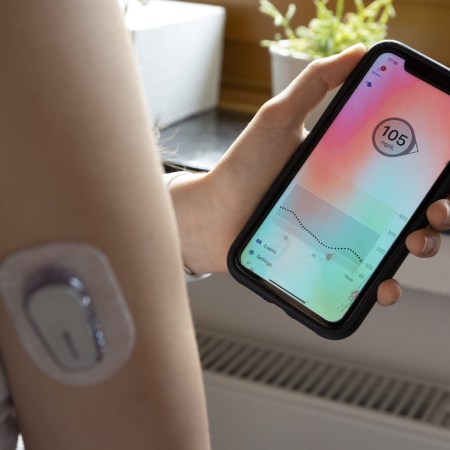According to a new study from the University of Cambridge, watching more than one episode of television a night could have a devastating impact on your heart.
Researchers concluded that 11% of coronary heart diseases could be prevented if people kept their TV consumption to less than one hour a day. The study — which was published in BMC Medicine — assessed data from the United Kingdom’s sprawling Biobank and adjusted for genetic predispositions to coronary heart disease.
TV-watchers at the very top, who regularly consumed four hours or more a day, were most at risk of developing heart disease. From there: those who watched two to three hours a day had a 6% lower rate of developing the condition, while those who watched an hour or less had a relative 16% lower rate. In the UK, as in the United States, heart disease is one of the most common causes of death. It’s closely linked with a sedentary lifestyle and poor dietary choices — clearly, both go hand in hand with time spent on the couch, sitting and snacking in front of a TV.
As one author summarized: “Limiting the amount of time sat watching TV could be a useful, and relatively light touch, lifestyle change that could help individuals with a high genetic predisposition to coronary heart disease in particular to manage their risk.”
Most surprising from this study is probably how little time in front of a television can count against the heart. Consider: few sport games or matches run less than three hours (blame commercials for that), while you’d be hard-pressed to find a movie under 90 minutes. And while there used to be a wealth of serialized, 22-minute episodes of television, today’s era of big-budget anthology series and made-for-streaming documentaries has pushed our “nightly watch” well past the hour limit. Not to mention, binge-watch culture means even the bite-size shows are often consumed three or four episodes at a time.
Making matters more difficult, there’s speculation that the issue is not just the amount of time we spend watching TV, but the exact time at which we watch it — pairing a session with high-calorie dinners or unnecessary pre-bedtime snacking can skyrocket glucose and cholesterol levels in the bed. And since we consider TV a way to unwind, few of us are walking off those calories and catalyzing our metabolism by going for a constitutional once the credits roll. We’re just going to bed, where the food sits and often disrupts the quality of our sleep.
The key here is making sure TV doesn’t dominate your evenings. On an average weeknight, institute a firm one-episode rule for yourself, or for you and your partner. If it’s a good show, you’ll be happy you paced yourself anyway. And if it’s a must-see game for your favorite team, try to limit your chomping throughout, and make sure to take breaks. I used to have a coach who did push-ups every time a football game went to commercials; that might not be your speed, but use those instances to mute Chevrolet or Bud Light and bop around the house — change the laundry, finish the dishwasher, walk the dogs, pull out a book.
Health experts have long contended that TV “rots the brain,” and it’s true, excessive consumption can lead to cognitive decline. But it can have its way with your heart, too. In the end, all your vital organs are clamoring for is a bit of balance.
The Charge will help you move better, think clearer and stay in the game longer. Subscribe to our wellness newsletter today.



















